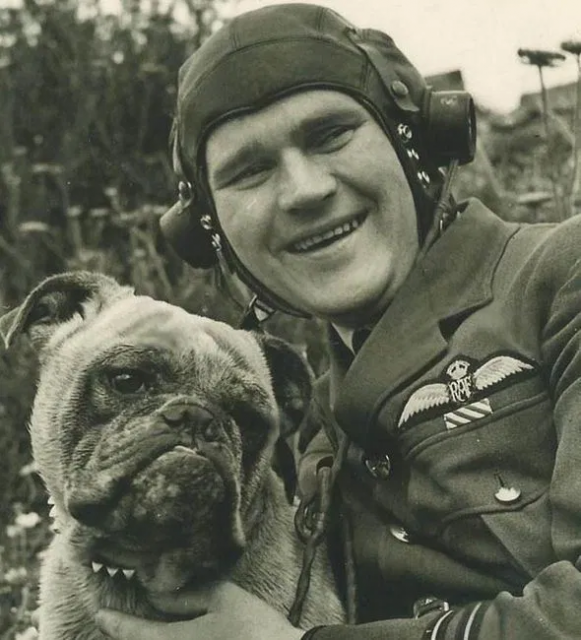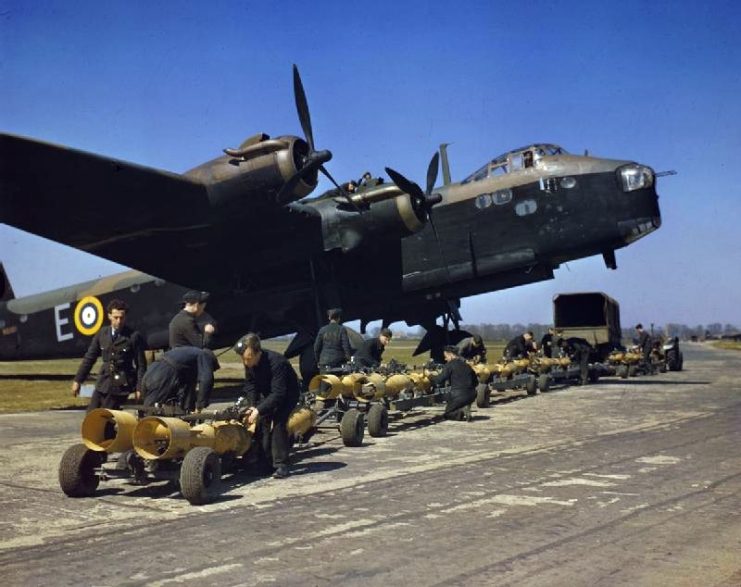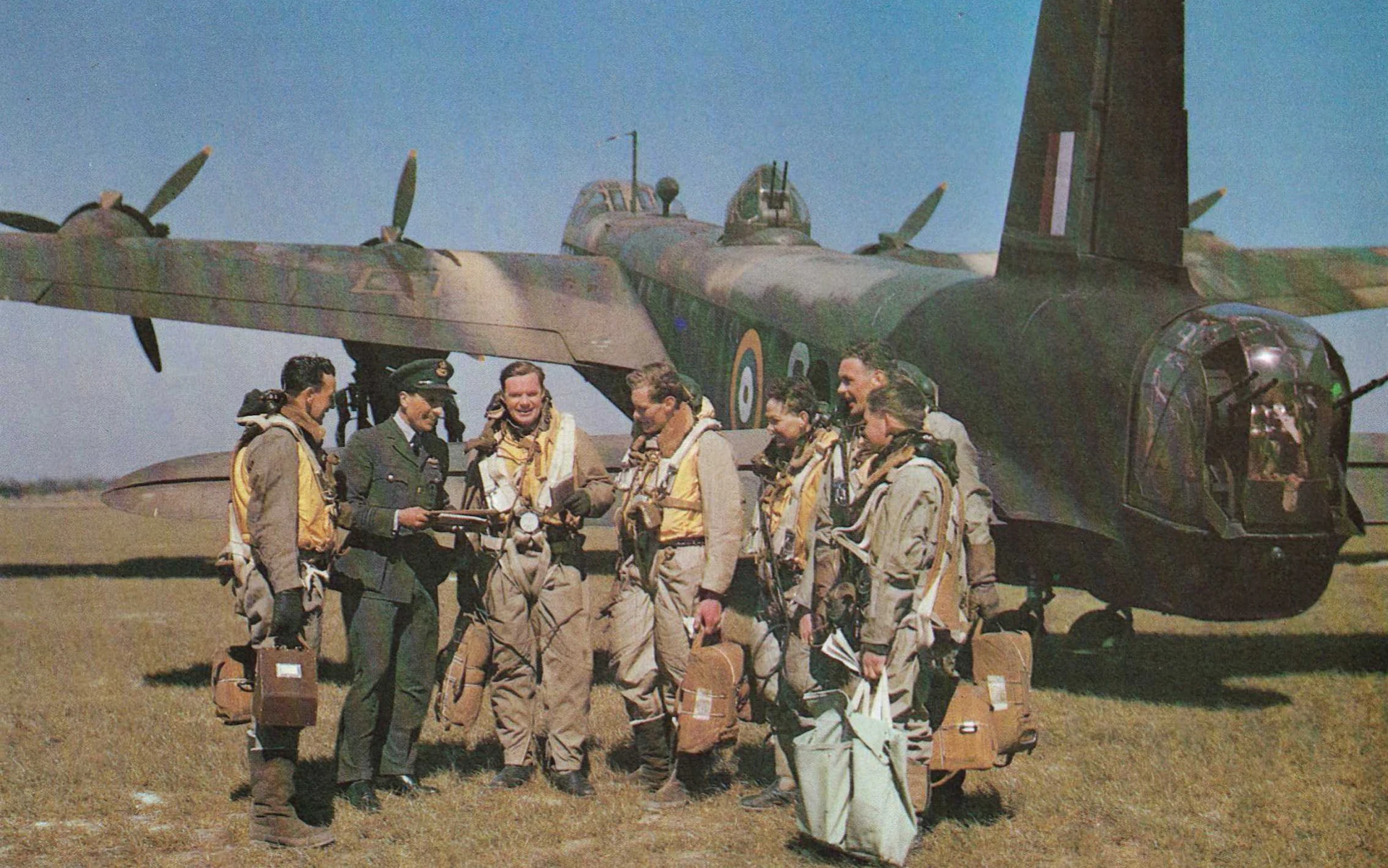Sgt. Maurice Pepper was a flight engineer for the RAF during World War II. He once received the Distinguished Flying Medal after safely landing a plane despite being wounded in both his hand and his knee.
On September 10, 1942, the 27-year-old was part of the crew aboard Stirling W7630 on a mission to drop flares on military targets in Dusseldorf. The flares would light the targets for the bombers following behind.
But they were forced to retreat and fly low due to anti-aircraft fire from the Germans. They were hunted down by a Messerschmitt fighter plane and shot down.
Four of the crew members bailed out, three didn’t make it. The fourth died in battle six months later.
Four remaining men, including Sgt. Pepper, were listed as missing in action. Their remains stayed in the plane which had crashed into a bog in the Netherlands.

Over time the wreckage of the Stirling bomber sank into the bog. It was covered up and the land was worked as if nothing of interest had ever happened there. There was nothing to mark the resting place of four British airmen who sacrificed their lives to defeat the Nazis.
For 77 years, Sgt. Pepper’s family had no idea what had become of him. What they didn’t know is that one Dutch man never forgot about those deceased men on that plane.
Joep Jennissen was working as a farmhand when the crash occurred. He worked to clear the field of the wreckage after the wreck. It bothered him that the airmen were lying under the ground that was being worked without any respect given to the dead.

In 1999, Jennissen began lobbying the Dutch government to exhume the bodies. He died in 2003 without having succeeded but his daughter, Marleen, took over for him.
Initially, the regional administration and the Catholic abbot who owned the land refused to exhume the bodies. They were concerned about the cost of the operation and the disruption it would cause in the neighborhood.
Meanwhile, Marleen began a campaign to find the relatives of the men who went down with their plane.
After several years, she found Becky Dutton, the niece of Sgt. Pepper. In January 2015, the Short Stirling Society called her and explained that they were trying to find any relatives of Maurice Pepper. They then put Ms. Dutton in touch with Marleen.
Marleen had the idea that the only way to get the government to exhume the bodies would be to have them hear from the living relatives of the deceased. Ms. Dutton readily agreed to get involved in the letter-writing campaign.
Initially, the Dutch government agreed to pay 70% of the costs of exhuming the bodies but the local government would not chip in the remaining 30%. The abbot also raised concerns about disturbing the graves of the airmen.
Things remained at a stalemate until a documentary about the situation was made. About the same time, there was a shake up at the local government level. The new leadership convinced the Dutch government to finance 100% of the operation.
The Dutch government informed Ms. Dutton that they would now be 100% financing the recovery of 30-50 planes around the country. Sgt. Pepper’s Stirling is among those to be exhumed.
Another Article From Us: The Rum-Loving Monkey Who Crash-Landed in a B-17 During WW2
Recently, the abbot gave his permission allowing the work to start on his property. The work is scheduled to begin on September 16 and cost £207,000.
It has not yet been decided whether to return the airmen’s remains to Britain or provide them with graves in the Netherlands. Ms. Dutton prefers for them to stay in the Netherlands.
